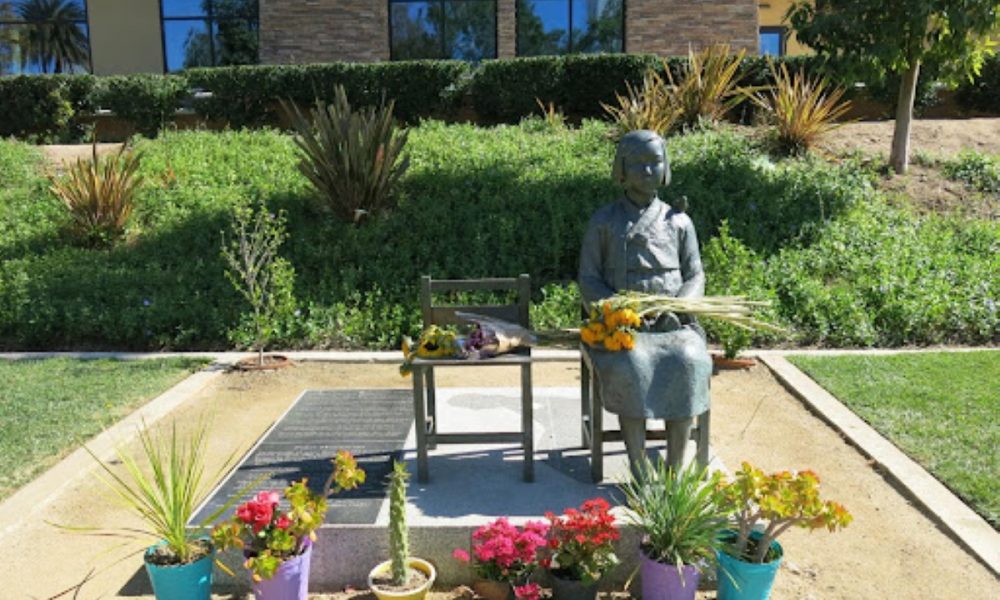
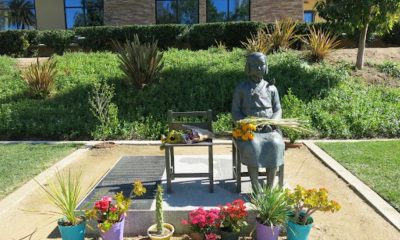

Recent HEAC forums engaged various perspectives in the debate on Ramseyer and Morgan's book, "The Comfort Women Hoax."
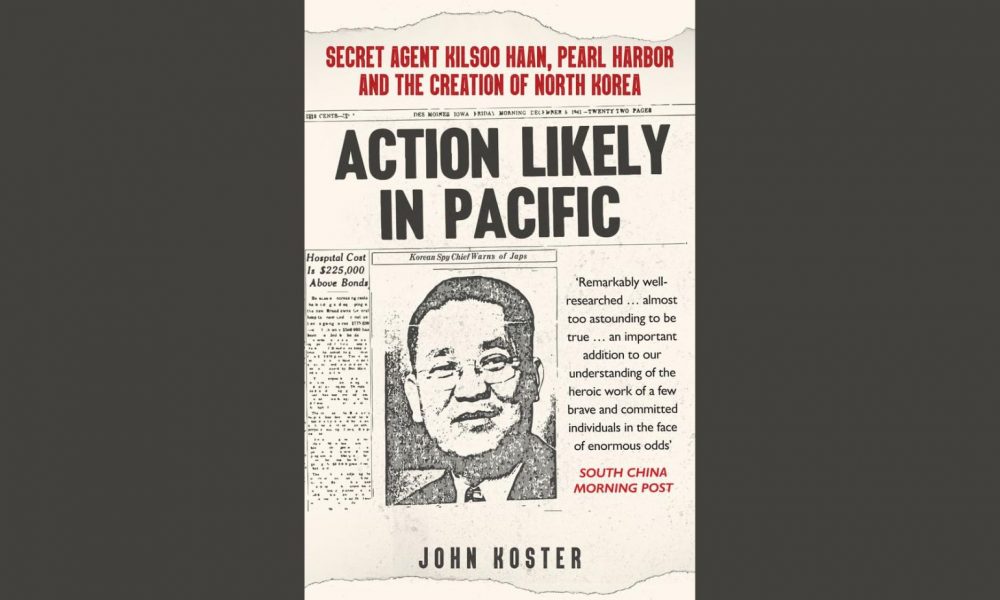
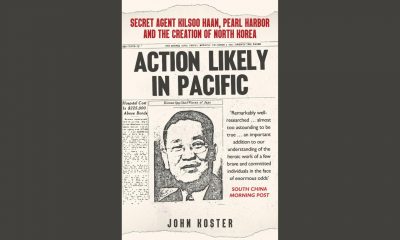

An informative and balanced account of the Korean experience of the imperial era, told uncommonly from the Korean perspective through the life of Kilsoo Haan.
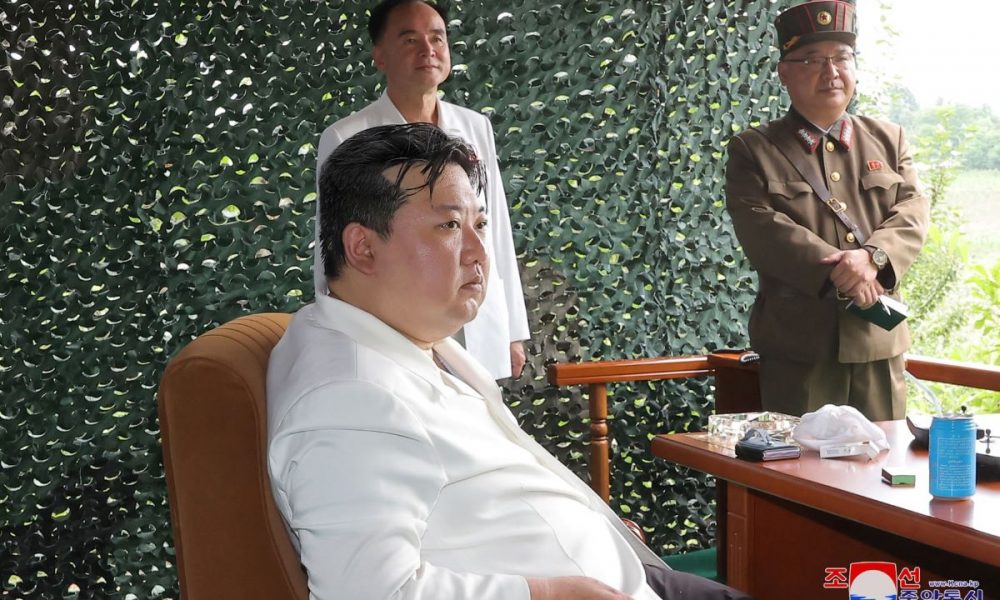
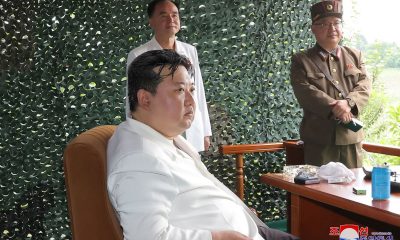

Fearing absorption by the South, Kim Jong Un may have used the name "Republic of Korea" to reinforce the idea of a permanently divided Korea.
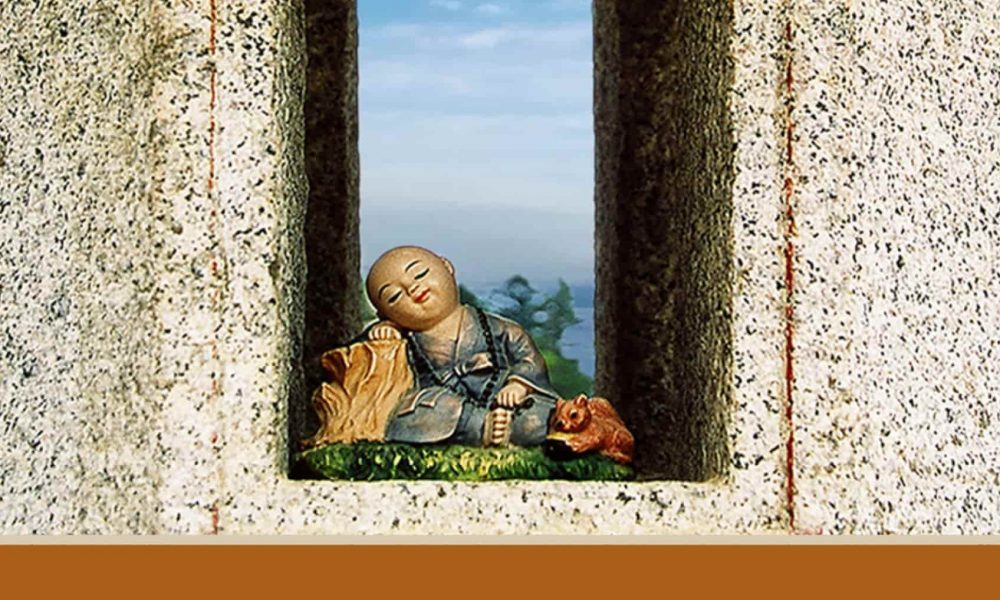
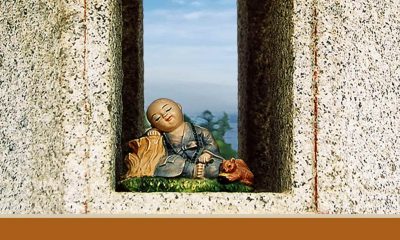

"It is always not useful … to distinguish between the authentic and the fake." But should invented traditions be used as foundations for national policy?
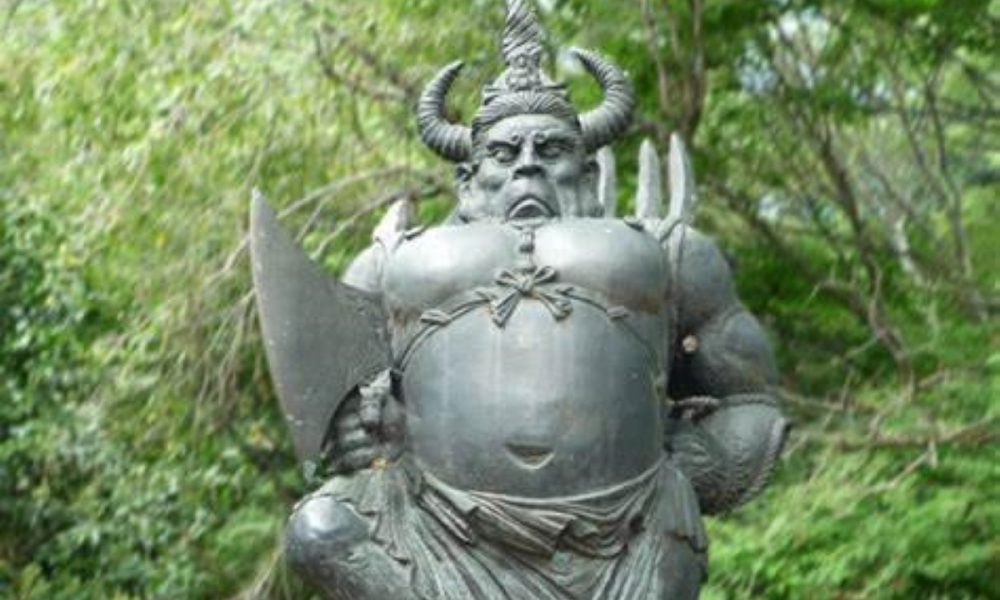
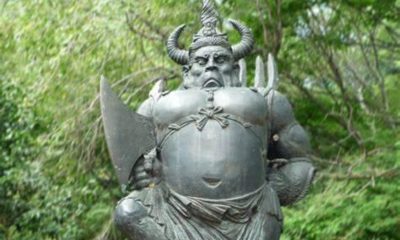

The Gion Matsuri story crosses many cultural lines. Was Muto-shin really Susanoo-no-Mikoto or a Korean god? And in which country did the Shorai brothers live?
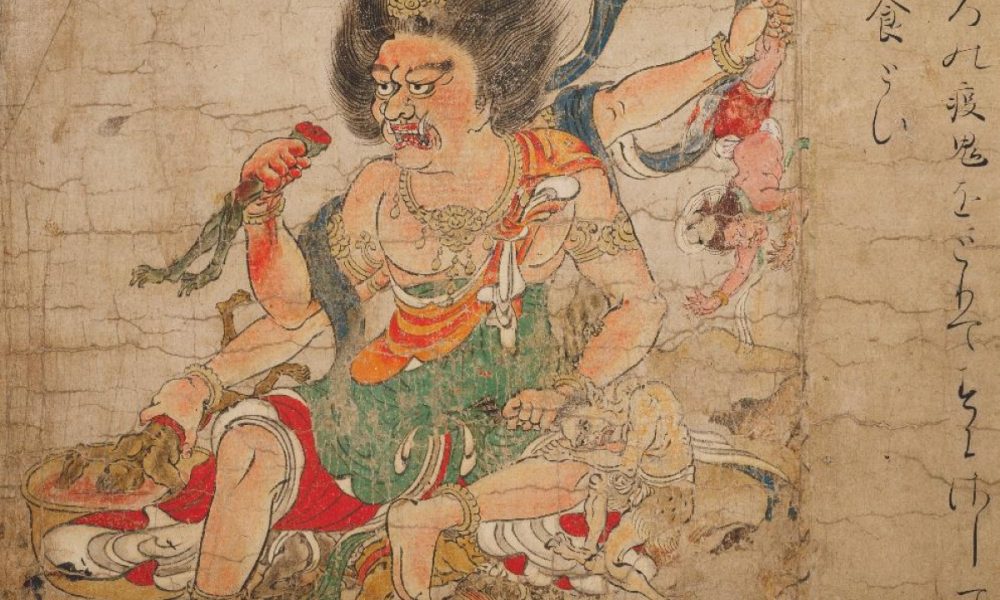
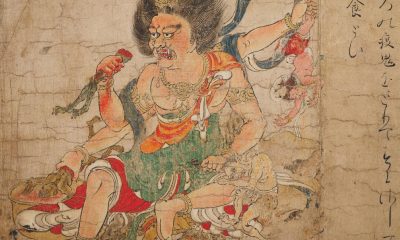

Seen during the Gion Matsuri, many Kyotoites to this day still paste such charms outside their doors, proclaiming that they are descendants of Somin Shorai.
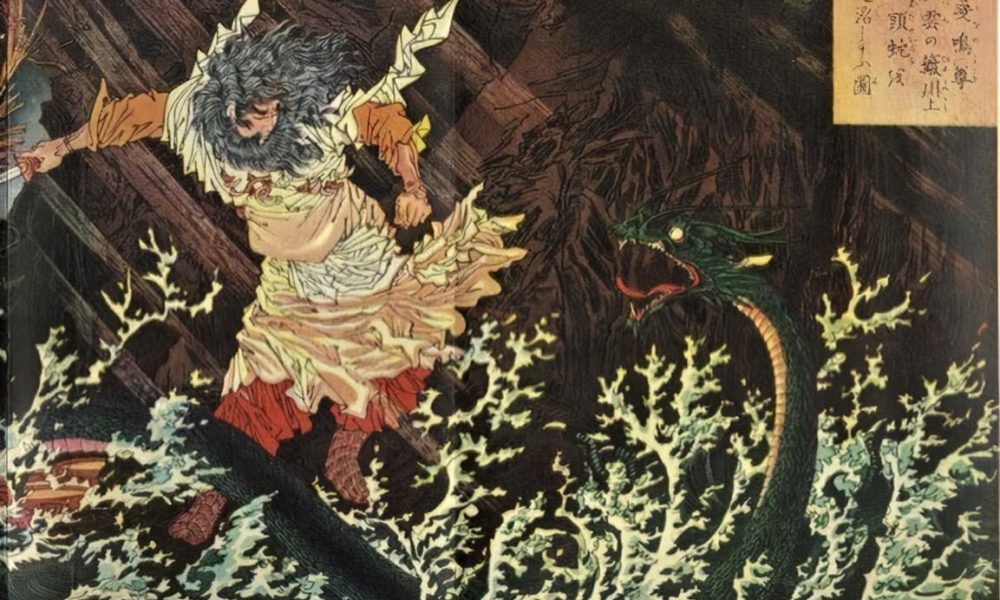
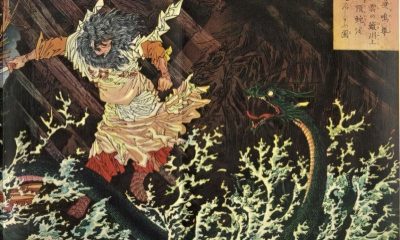

The history of the kami honored at the Gion Festival have intriguing parallels - and differences. The Yasaka Shrine claims they are the same, but are...



There was no forced labor. South Koreans volunteered to go to the Japanese home islands in droves for better pay and plentiful job opportunities.
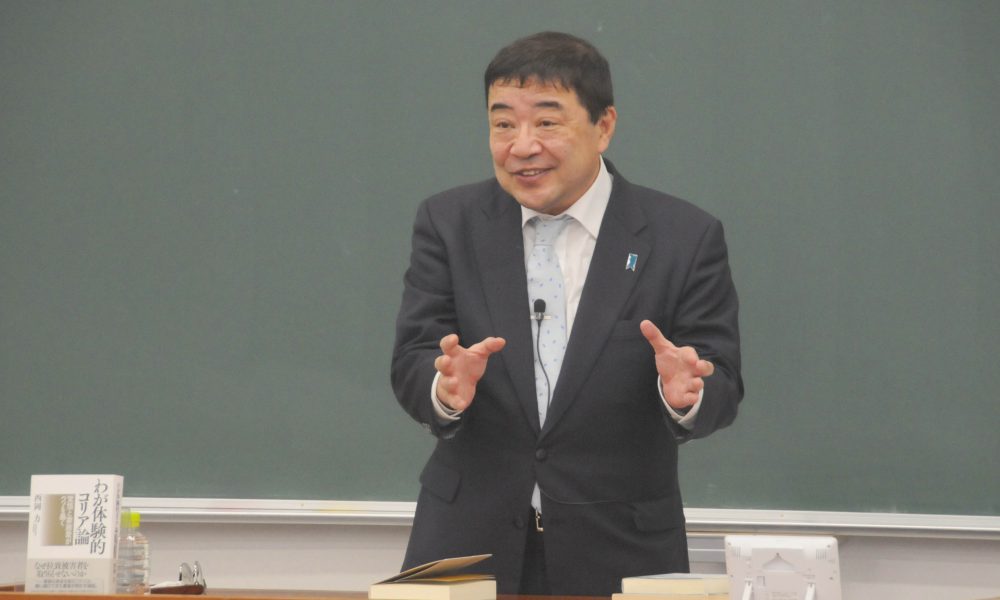


A revealing look at cultural, national, and international obstacles facing Japan-Korea relations and the attempts to bring home North Korea’s Japanese abductees.
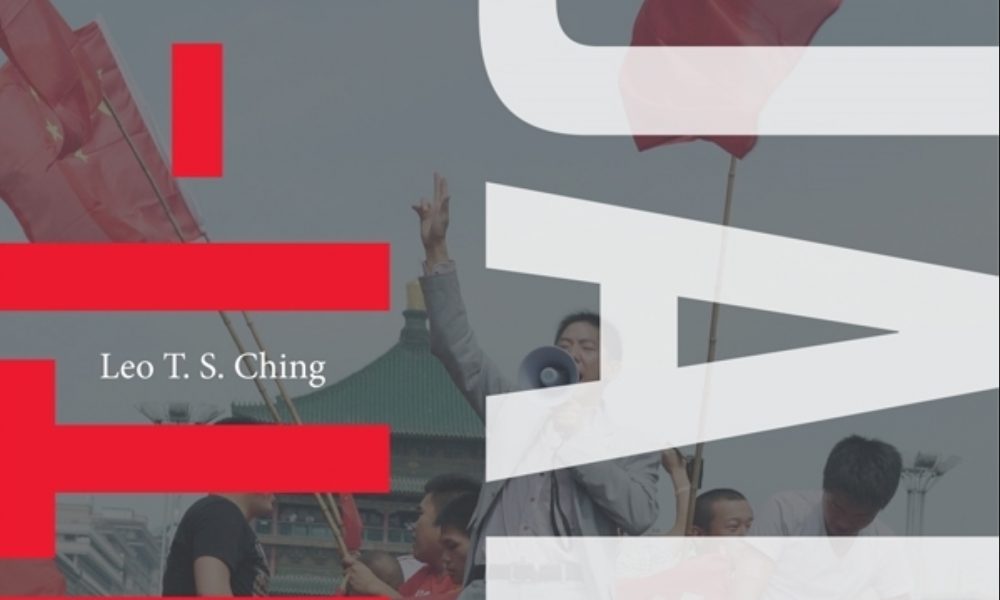
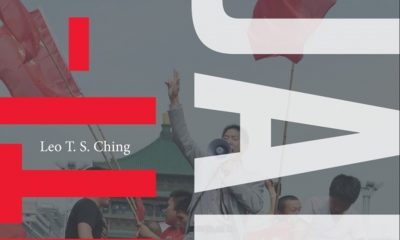

Right premise, wrong approach: Ching returns to his theme of wanting to decenter the nation-state in East Asia and find a new solution to the “anti-Japanism”...



Japan aims to get past China and South Korea in the global market by advancing in high power fuel cell, hydrogen and lithium power.
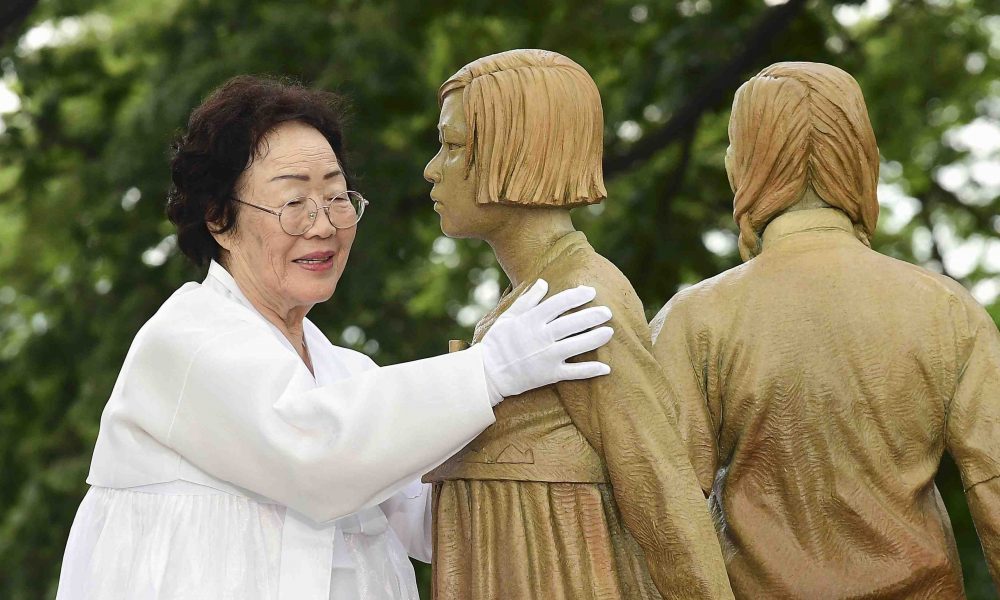
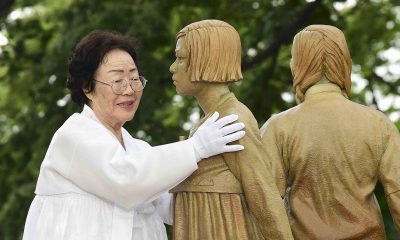

Forced recruitment? Sexual slavery? The relationship between comfort women and comfort station owners in the Japanese colonial period must be viewed as “indentured servitude contracts.” 1st...